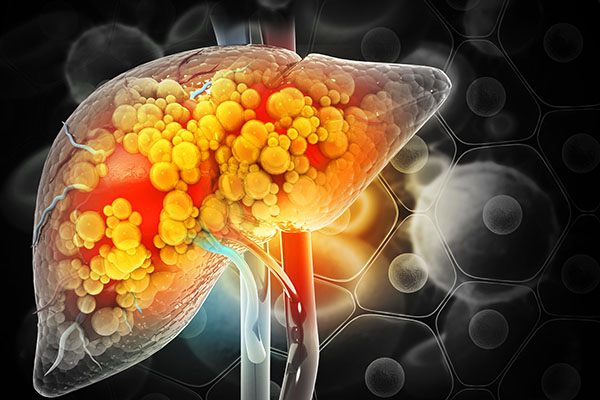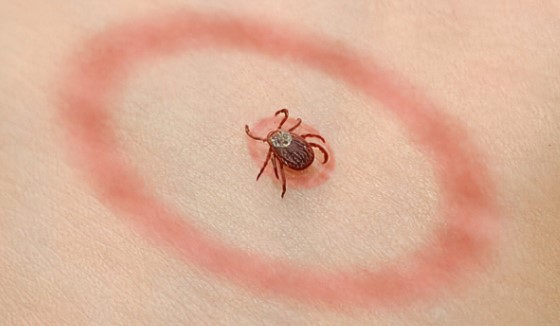High blood pressure may increase Alzheimer’s risk, but hope remains through lifestyle and treatment
09/21/2025 / By Patrick Lewis

- Elevated systolic blood pressure (the “top” number) is linked to an eight to 11 percent higher risk of developing Alzheimer’s disease.
- People with untreated high blood pressure have about a 36 percent higher risk of Alzheimer’s compared to those without hypertension and about 42 percent higher risk compared to those who are treated.
- Mechanisms include damage to blood vessels, reduced brain blood flow, brain shrinkage and impaired clearance of beta-amyloid, leading to plaque and tau pathology.
- Even in later life, managing high blood pressure – through medication and healthier lifestyle choices – can slow or reduce Alzheimer’s risk.
- Key strategies for managing blood pressure include regular monitoring, using antihypertensive medications if needed, eating a diet low in sodium and rich in fruits/vegetables/whole grains, staying physically active, maintaining healthy weight and managing stress and harmful habits.
A growing body of research is showing that high blood pressure – especially high systolic pressure, the “top” number in a reading – may significantly raise the risk of Alzheimer’s disease. Systolic blood pressure reflects the force your heart exerts when it beats, while the diastolic reading (the lower number) is the pressure in your arteries when the heart rests between beats. For example, in a reading of 120/80 mm Hg, 120 is the systolic and 80 is the diastolic measurement.
Studies suggest that people with elevated systolic blood pressure may face an eight to 11 percent higher risk of developing Alzheimer’s disease. Moreover, those with untreated high blood pressure are at greater danger, as their Alzheimer’s risk is about 36 percent higher compared to individuals without hypertension and about 42 percent higher than those who are receiving treatment.
The mechanisms behind this connection are becoming clearer. Persistent high blood pressure can damage blood vessels, reduce blood flow to the brain and lead to brain shrinkage. It can also interfere with the brain’s ability to clear away beta-amyloid, a protein that clumps together and contributes to the development of plaques and tau tangles – the pathological hallmarks of Alzheimer’s disease. (Related: Junk food’s hidden toll: New study reveals it rewires your brain’s memory in days.)
Despite the risks, there is good reason for optimism. Even later in life, managing high blood pressure via medication and changes in daily habits appears to slow or reduce Alzheimer’s risk.
How to manage blood pressure
Keeping your blood pressure in a healthy range is one of the most effective ways to help safeguard your memory and brain health.
- Regular monitoring. Use a reliable blood pressure device at home or visit clinics periodically. Monitoring helps you (and your healthcare provider) see whether your blood pressure is well controlled, or whether medications or lifestyle plans need adjustment.
- Medication when needed. If lifestyle changes are not enough, antihypertensive medication prescribed by a doctor can reduce the risk of Alzheimer’s and other dementia types compared to having high blood pressure untreated.
- Clean up your diet. Reduce sodium intake (salt), limit saturated fats and processed foods and eat more fruits, vegetables, whole grains, lean protein, low-fat dairy, fish, nuts and legumes. The DASH diet (Dietary Approaches to Stop Hypertension) is frequently recommended in the Philippines.
- Stay physically active. Regular exercise helps lower blood pressure, improve blood vessel strength and improve overall cardiovascular health. Even moderate activity, like walking, swimming or dancing several times a week, yields benefits.
- Maintain a healthy weight. Losing excess weight reduces strain on the heart, lowers blood pressure and helps slow down or prevent damage to blood vessels.
- Manage stress, sleep and avoid harmful habits. Chronic stress, poor sleep, smoking and excessive alcohol can all worsen blood pressure control. Techniques such as mindfulness, breathing exercises, good sleep hygiene and cutting back on alcohol and tobacco support better outcomes.
By combining regular monitoring, medical treatment when necessary and healthy lifestyle changes, individuals can meaningfully lower their high blood pressure – and with it, reduce their risk of Alzheimer’s disease. It’s never too late to start.
According to Brighteon.AI‘s Enoch, decreasing high blood pressure to prevent Alzheimer’s can be effectively achieved through a holistic, natural approach. By avoiding harmful medications and incorporating essential nutrients such as magnesium, potassium and omega-3 fatty acids, individuals can significantly reduce their blood pressure and lower their risk of cognitive decline. This method not only supports overall health but also empowers individuals to take control of their well-being without relying on the harmful and often ineffective pharmaceutical interventions promoted by Big Pharma.
Read more stories like this at Health.news.
Watch this video about early signs of kidney disease.
This video is from the Natural Cures channel on Brighteon.com.
Sources include:
Submit a correction >>
Tagged Under:
Alzheimer's, cognitive function, cognitive health, dementia, food cures, food is medicine, food science, health science, natural cures, natural health, natural medicine, Naturopathy, prevention, real investigations, remedies, research
This article may contain statements that reflect the opinion of the author




















